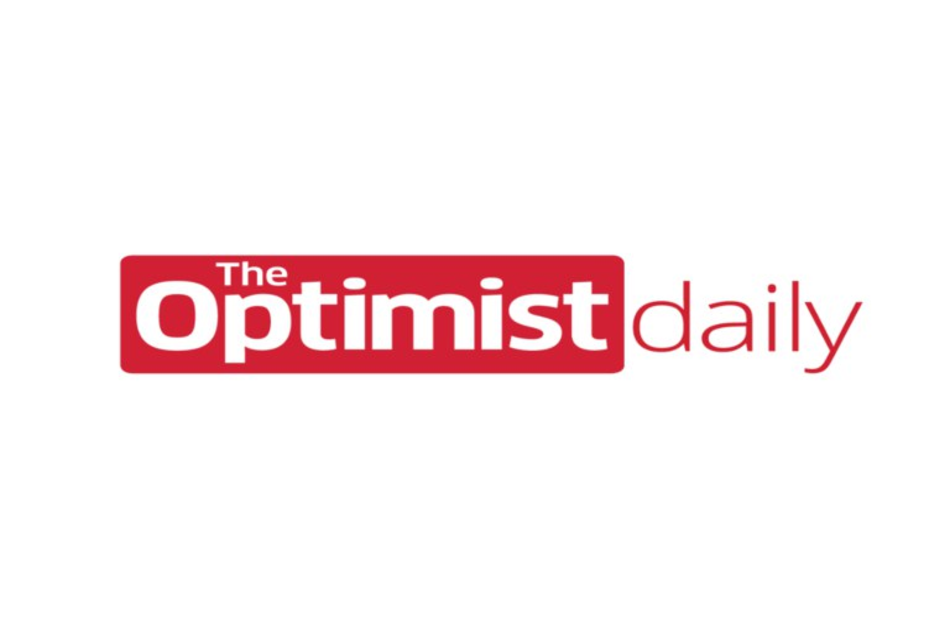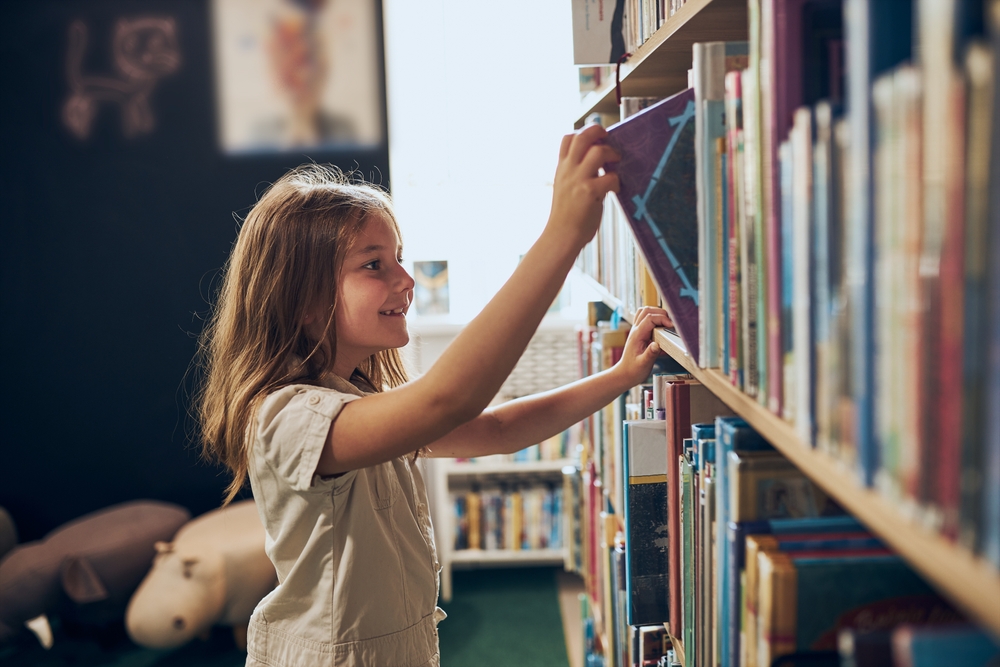It takes 630 liters of water and about 9 square meters of land to produce one liter of milk. Since milk is the main component of cheese-making, that environmental footprint is automatically transferred to one of humanity’s favorite foods.
While some vegan alternatives to softer cheeses, such as microbe-based mozzarella, have been popping up in recent years, hard cheeses have been severely overlooked due to the complexity it would involve getting the taste and texture right. That challenge, however, hasn’t intimidated Better Dairy, a food tech company that has recently secured $22 million in Series A funding to create animal-free cheese.
The company is using precision fermentation as part of its efforts to create a hard cheese alternative that consumers won’t be able to tell apart from the real thing. If you’d like to learn more about how precision fermentation works, you could check out our recent article where we break down the process behind it.
To put it simply, precision fermentation essentially enables Better Dairy to produce products with a molecular structure identical to conventional dairy. It uses similar principles to brewing beer, only that the end product is dairy.
“We see limitations in hard cheese, similar to trying to create animal-free steak,” said founder Jevan Nagarajah. “By building a team that includes a chief scientific officer with 30 years of expertise making proteins for the pharmaceutical industry, we realized we could go complex and do it consciously.”
The company is not the only one to try and make the dairy industry more sustainable by coming up with non-animal alternatives. We have written about a number of other companies that are working on animal-free dairy products, including Remilk, Impossible Foods, DUG’s potato milk, and Perfect Day.
With that said, Nagarajah is confident that the new funding will allow the company to stay ahead of its competitors, especially when it comes to hard cheeses, an area few dare to get into. According to Nagarajah, the incoming money will help the company get the science right to nail down the texture and maturation so that the end product is as tasty — if not tastier — than the real thing.
“We need the right space and equipment to upgrade our science,” he said. “It is not just about being animal-free and sustainable, but also delicious. If it tastes better then it becomes a no-brainer and a benchmark for success. There is a benefit for doing it the right way because if not, the time it takes to unwind it all could take years.”












